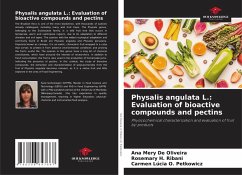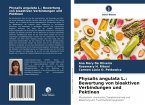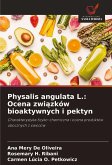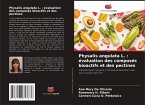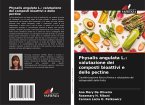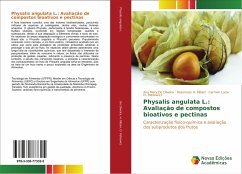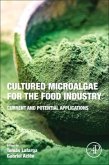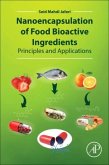The Brazilian flora is one of the most biodiverse, with thousands of species already catalogued, including many wild fruit trees. The Physalis genus, belonging to the Solanaceae family, is a wild fruit tree that occurs in temperate, warm and subtropical regions, due to its adaptation to different climates and soil types. The species with the widest ecological adaptation and commonly found in Brazil are Physalis angulata and Physalis peruviana. Popularly known as camapu, it is an exotic, climacteric fruit wrapped in a calyx that serves to protect it from adverse environmental conditions and prolong the fruit's useful life. The species in this genus have a long list of chemical constituents, which have aroused the interest of researchers. In addition to fresh consumption, the fruit is also used in the production of homemade jams, indicating the presence of pectins. In this context, the study of bioactive compounds, the extraction and characterization of polysaccharides from the fruit of Physalis angulata becomes relevant, as it is a native fruit and little explored in the area of Food Engineering.
Bitte wählen Sie Ihr Anliegen aus.
Rechnungen
Retourenschein anfordern
Bestellstatus
Storno

